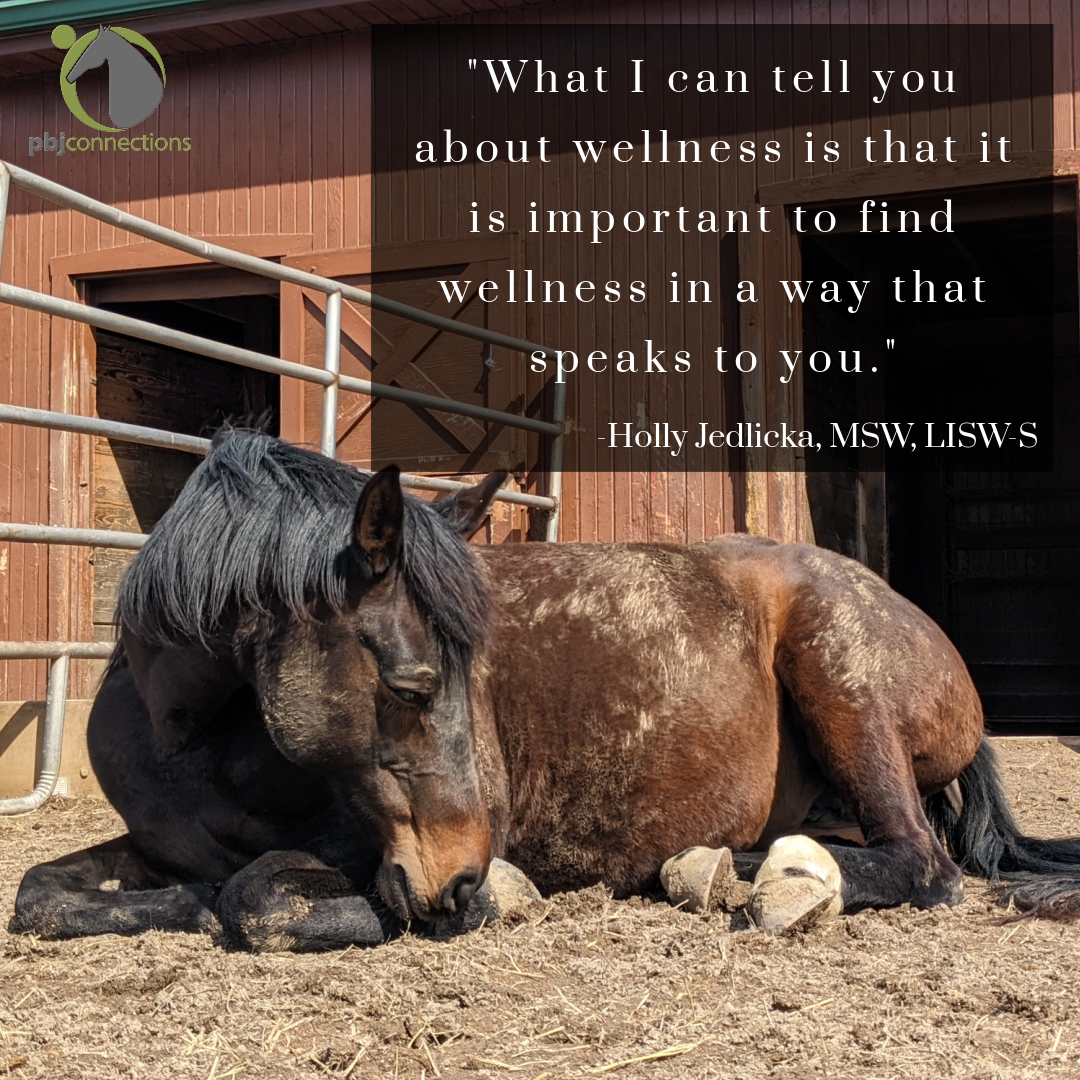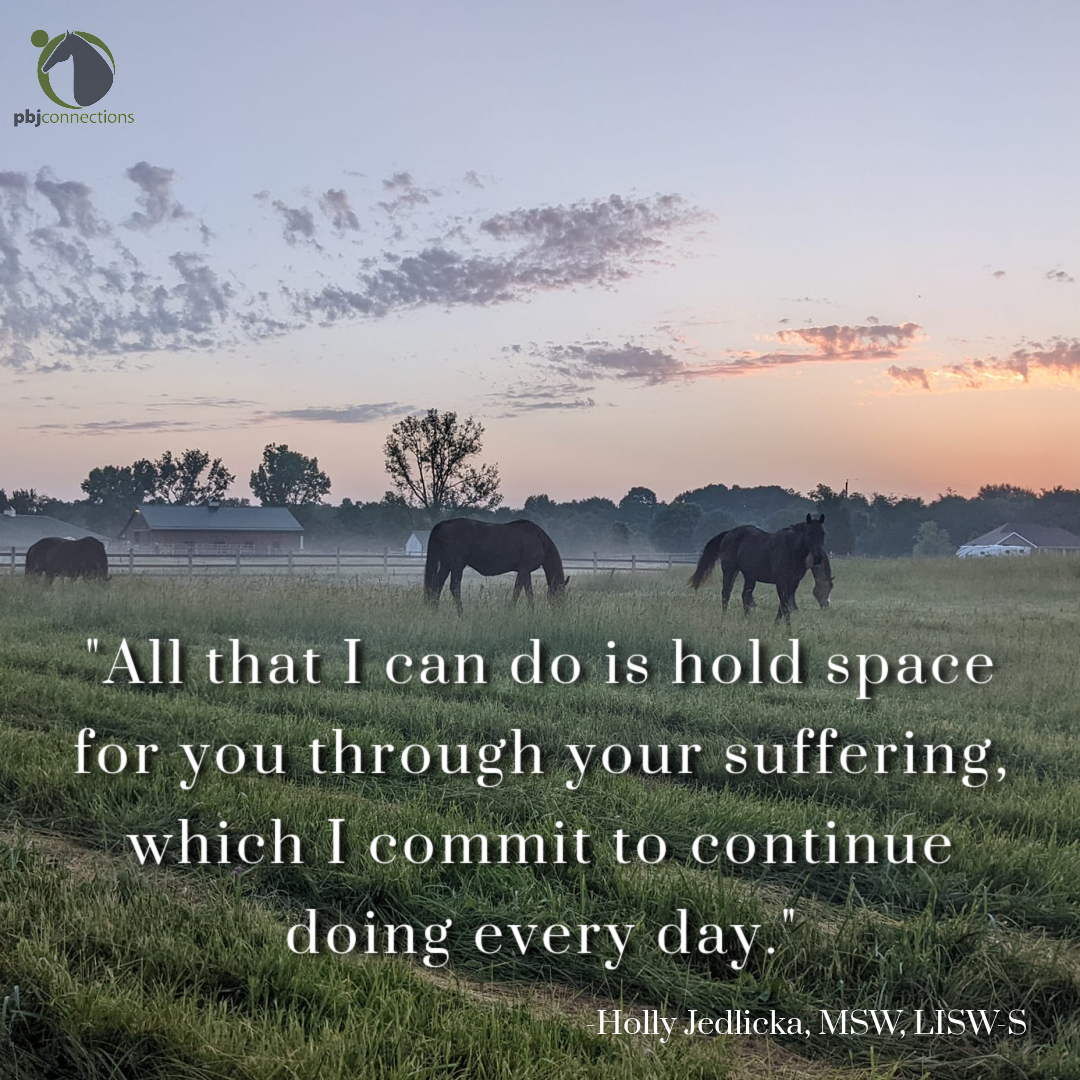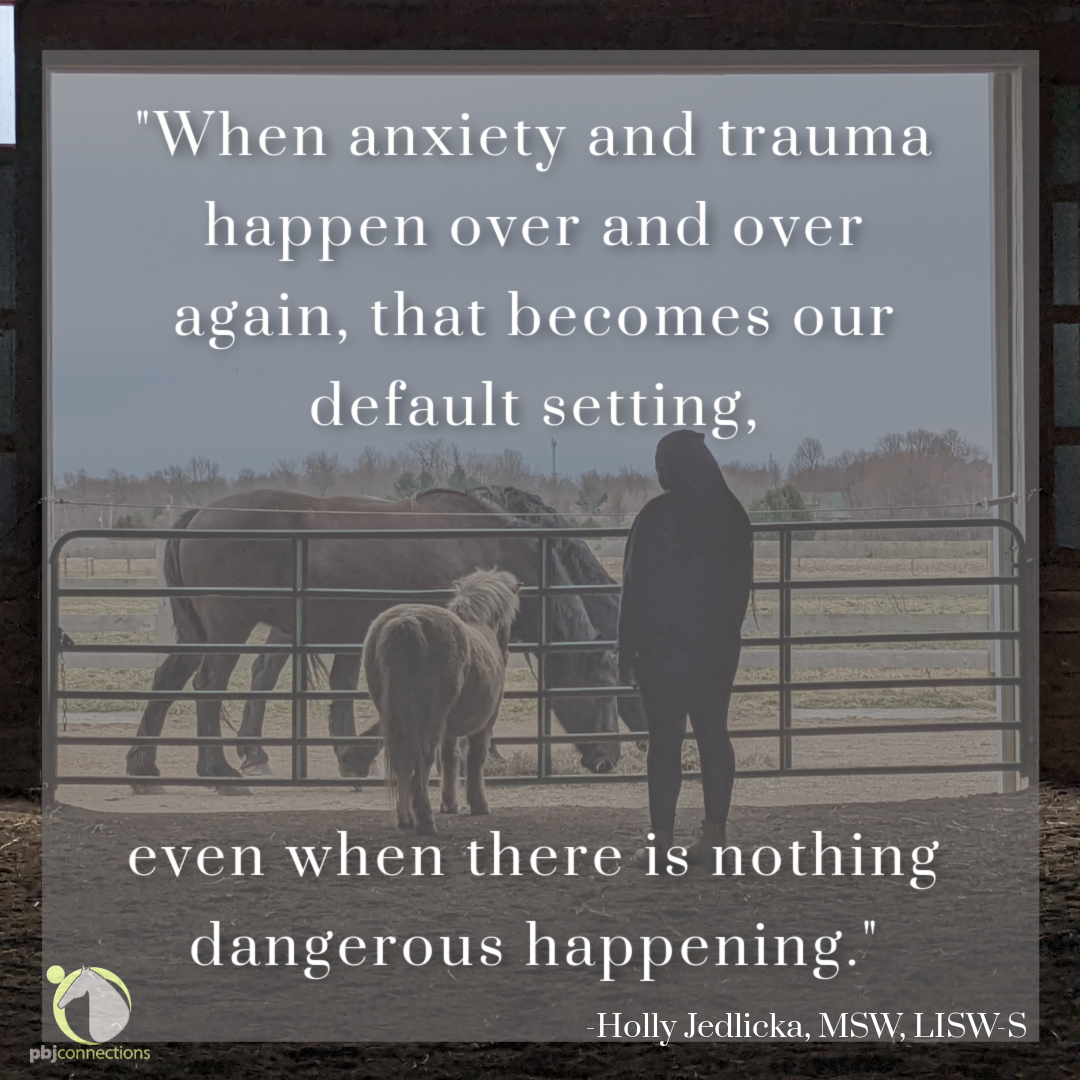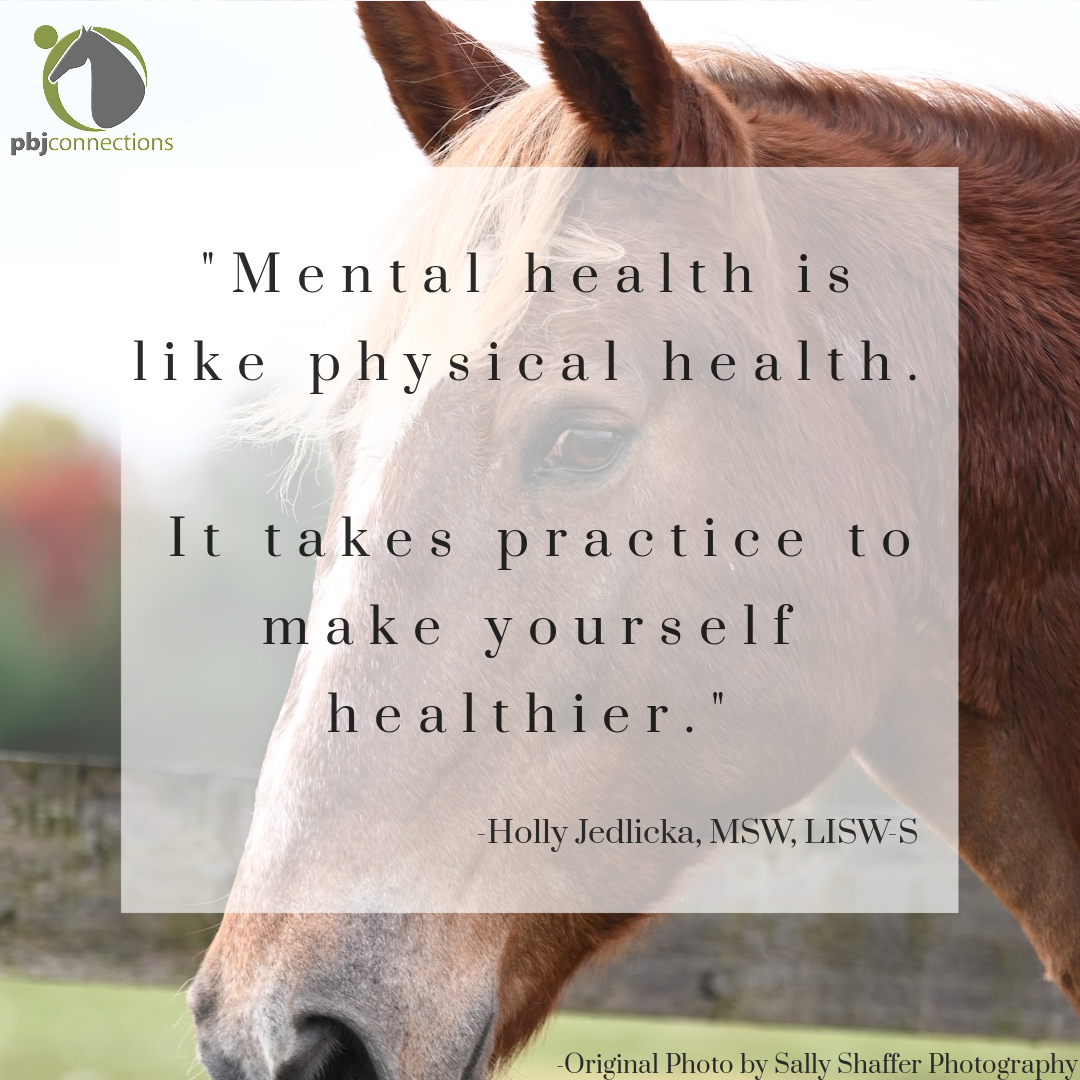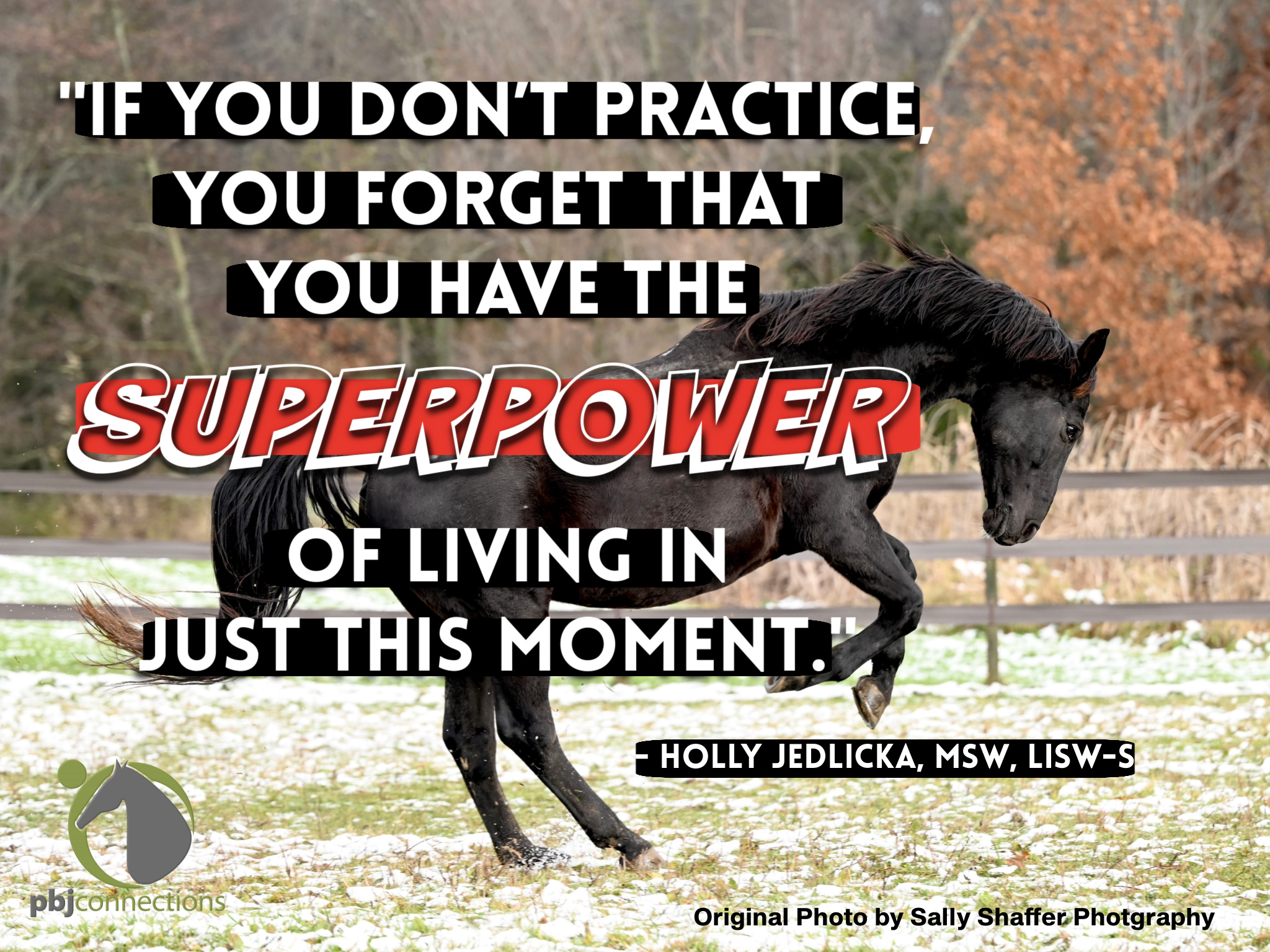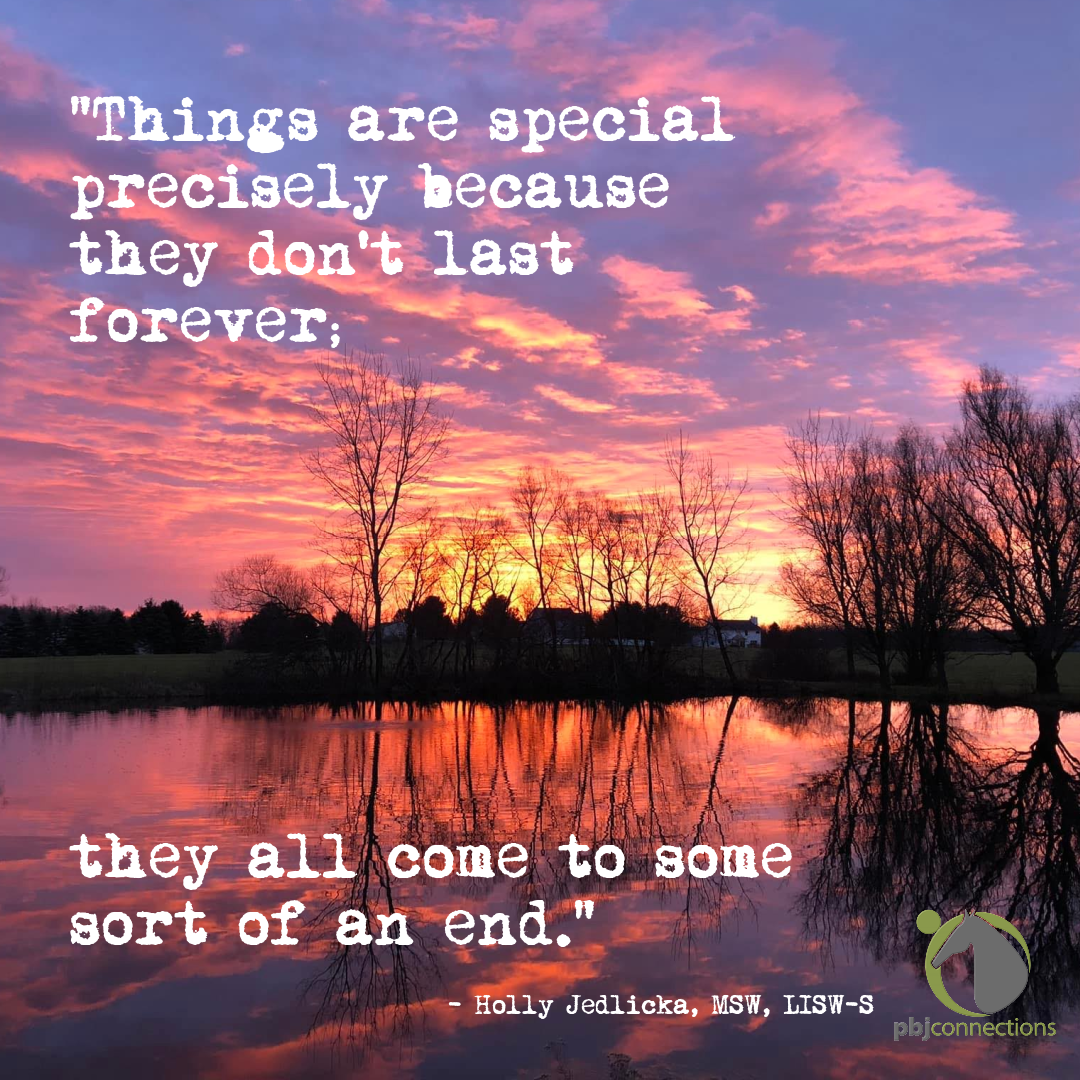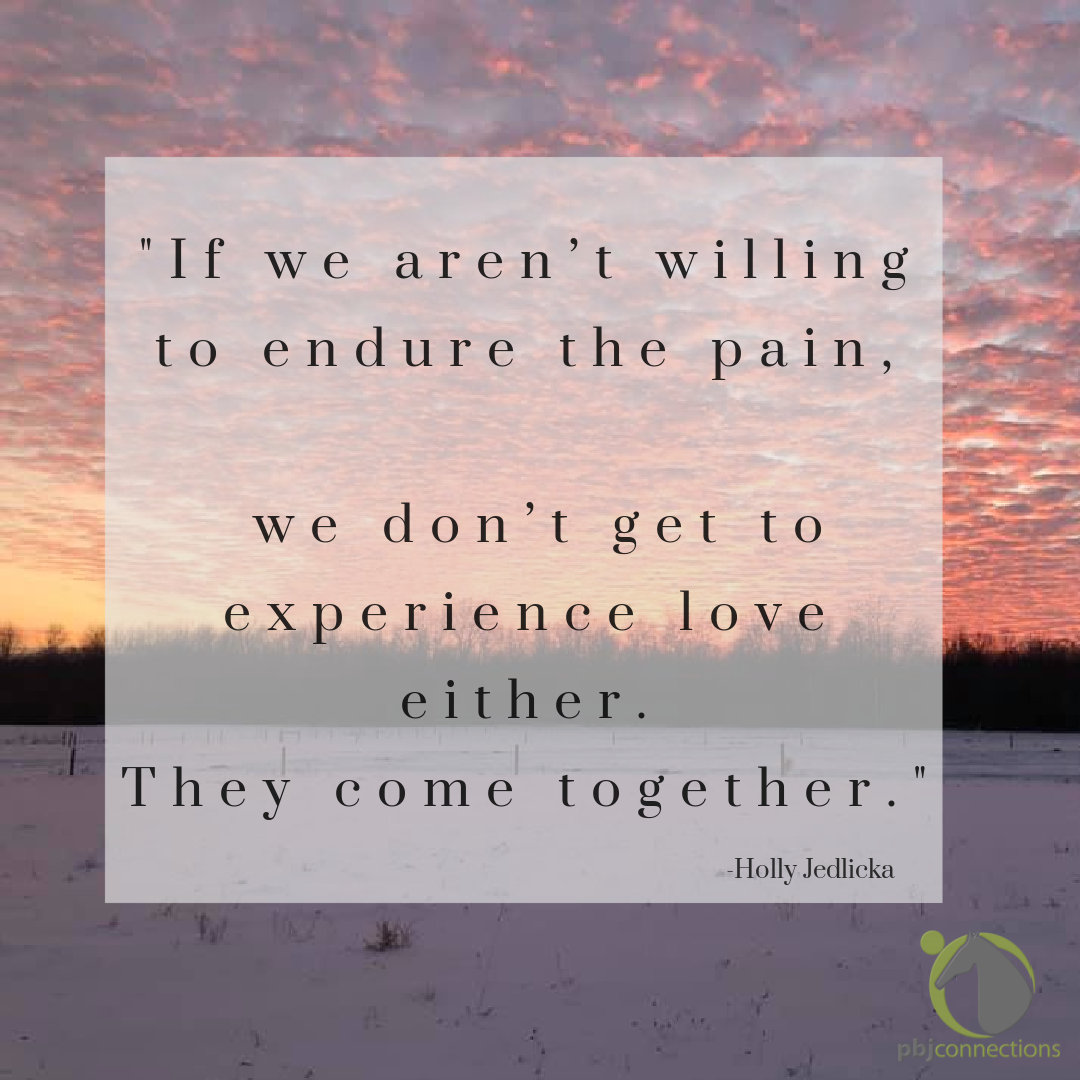5 Tips For Wellness
Wellness is something that we hear doctors, therapists, the media, our parents, really everyone talk about. We know it is important, but we get conflicting advice constantly depending on the agenda of the giver of the advice. How do we really know what is important for us as far as wellness and what isn’t?
Here’s an answer that might drive you crazy. It depends. It depends on who you are as a person. It depends on your background, your body type, the work you do, the interests you have, and I could go on and on. What I can tell you about wellness is that it is important to find wellness in a way that speaks to you and really makes you feel better, rather than trying to follow the latest fad or feeling the pressure of your best friend telling you what is working so well for her.
Here are a few easy tips on how to find more wellness in your life:
- If it doesn’t make you feel better, don’t do it. And I’m not giving you a free pass on not working out or eating healthy. I’m saying really pay attention to whether any given activity makes you feel better physically, emotionally, and mentally or not. This doesn’t mean we will enjoy every moment of our wellness activities, so it’s important to pay attention to the effects of the activity after it’s completed.
- Ask yourself how important this activity is to you. Literally on a scale of 1-10, how important is it to you to do what you are doing? This can be a question to ask yourself before going out with friends, cleaning the bathroom, completing a work activity, going to the gym, watching TV, getting on Facebook. If you ask yourself how important is this to me and the answer is a 1 or a 2, don’t do it. The only exception to this is if you care about someone else and they are asking you to do something with them (like visit the in-laws) and it’s a 1 to you but a 10 to them, you might want to suck it up once in a while. Because that 10 to the person you care about makes it more than a 1 to you.
- Prioritize. And then be flexible in what is a priority. It might be a priority to get that doctors appointment in today, but it might be a priority to work late tomorrow. It might be a priority to go to your kid’s sports event tonight, but maybe it is equally important to stay at home a cook a healthy meal tomorrow.
- Don’t judge. Yourself or others. If your friends, siblings, parents or co-workers have a different priority, that is fine. Don’t compare yourself. Don’t judge them. And don’t judge yourself. If watching Netflicks is a 10 for you this particular Saturday night, but going out with friends is a 10 for your best friend, both of you should agree to do separate things. Then be happy for each other that you are both able to enjoy the thing you are needing to do.
- Simplify. Do only what needs to be done, not what others are telling you needs to be done. It is easy to start picking up everyone else’s “shoulds”. Pick up only your own. And be well!
Author: Holly Jedlicka, MSW, LISW-S

